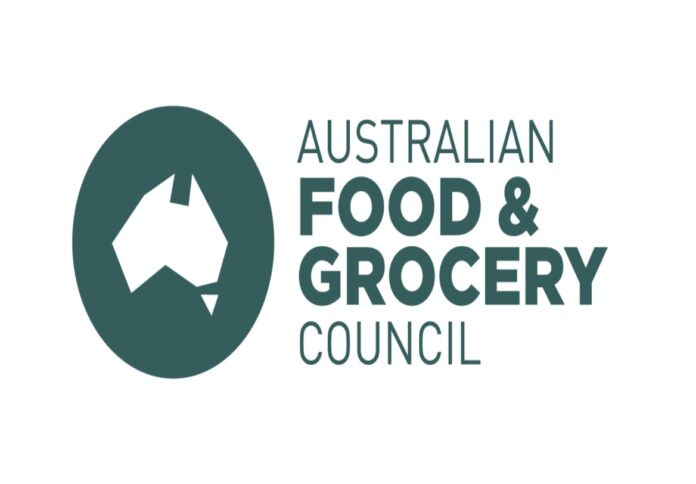
The Australian Food and Grocery Council (AFGC) has urged the Federal Government to expand its “Future Made in Australia” policy to support the nation’s largest manufacturing sector, following the release of the council’s 2022/23 industry report.
The “State of the Industry” report reveals that Australia’s food and grocery manufacturing sector is not only vital to the national economy but also serves as a crucial pillar of employment across urban and regional areas.
The report’s highlights underscore both the resilience and challenges the industry faces:
- Sector Growth: The industry’s turnover grew by 11.6 per cent to reach $163 billion, driven by heightened demand from record immigration and rising wholesale prices. This growth, however, was tempered by an increase in operating costs, which outpaced wholesale price gains for the first time in a decade.
- Profit Pressures: Despite the revenue surge, the sector’s operating profit fell by 7% to $7.2 billion. Rising expenses for commodities, energy, and shipping strained profitability, underscoring the need for additional support to stabilize the sector.
- Job Creation: Employment in the industry grew by 4.1 per cent, adding up to 281,269 jobs, with 37 per cent of these positions in regional areas. This increase highlights the industry’s critical role in sustaining local economies, particularly in rural Australia.
- Investment in Automation: The government’s temporary full expensing tax measure led to a 24.5 per cent increase in capital investments, totalling $4.2 billion. Much of this investment targeted automation upgrades in sectors like meat, grain, dairy, and fruit and vegetable processing to counter labour shortages and enhance productivity.
AFGC CEO Tanya Barden emphasised the importance of the industry in bolstering national resilience, particularly in light of global supply chain disruptions.
“Our industry is a cornerstone of the Australian economy, providing essential goods and employment for over 280,000 Australians. Recent and ongoing global supply chain disruptions have made our industry even more critical from a national resilience perspective,” she said.
The report suggests that, while the sector has weathered recent pressures, it must make substantial investments to embrace clean energy initiatives, advance the circular economy, and adopt digital technologies to remain competitive.
However, rising operational costs—encompassing energy, labour, transportation, warehousing, and insurance—pose significant challenges to recovery and reinvestment.
Barden called for targeted government support, stating, “The Future Made in Australia policy is a critical lever at the government’s disposal to keep jobs and production in Australia’s largest manufacturing sector at home.”
“We urge the government to back this key industry by implementing tax incentives for food and grocery manufacturing to be globally competitive, contributing to Australia’s economic prosperity, as well as net zero transition.”




















